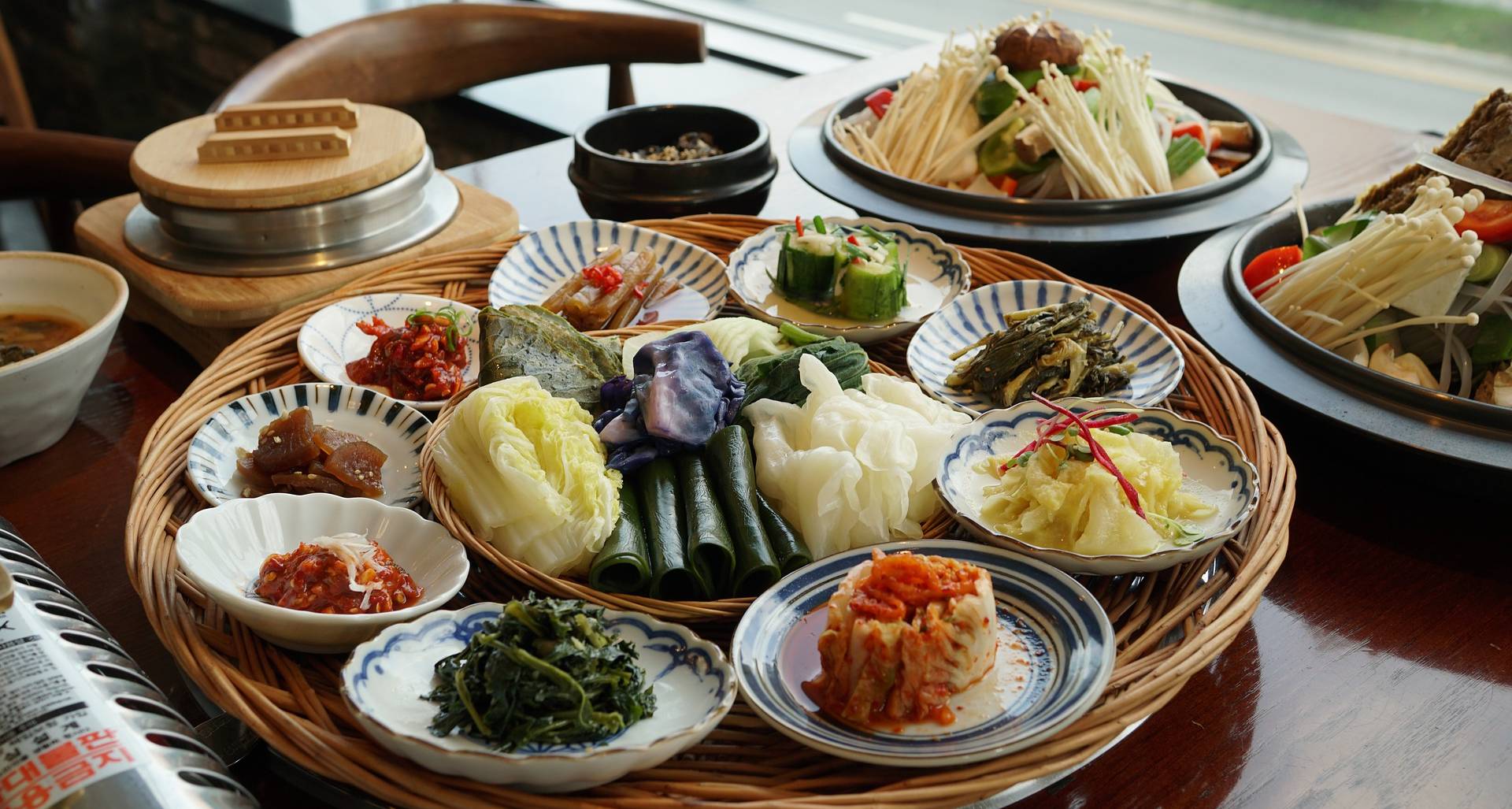Does a Diet High in a Variety of Fermented Foods Protect You Against Cognitive Decline and Colon Cancer?

PREMIUM CONTENT for MEMBERS ONLY
When I spent time in Seoul, South Korea, I had the pleasure of experiencing traditional Korean meals with a wide variety of different fermented vegetables and seafood. I have always wondered if this unique eating habit of Koreans is reflected in different health outcomes when compared to the Standard American Diet (SAD).
A recent study has shown that consumption of a large variety of fermented foods is associated with an increased diversity of the microbial ecosystem in our gut, even more so than the diversity associated with a diet rich in fiber. Even more surprising was the observation that a lot of the new microbial taxa that appeared in the fermented food consuming group were not contained in these fermented foods, but were recruited from another source.
Does this observation obtained under controlled conditions in a small group of healthy people translate into health benefits in a larger population? Dietary habits and health outcomes in South Korea may hold an answer to this question. Since Koreans have a high consumption of fermented food from early on in life, do adult Koreans have a more diverse microbiome than people living in the US? And if they do, is this diversity associated with measurable health benefits such as lower rates of cancer and cognitive decline?
Dramatic dietary changes associated with the adoption of the SAD in Korea (increased consumption of animal products, reduced consumption of plant based and fermented foods), which were associated with the migration of people from rural areas to big cities, makes this question difficult to answer.
The scientific numbers from the Korean natural experiment don’t support such a connection between a diet high in fermented food and the prevalence of cognitive decline.
In a 2021 study published in the Journal of Clinical Neurology, researchers found that the prevalence of dementia per 100,000 increased from 178.11 in 2003 to 5,319.01 in 2015 – a dramatic increase! In addition, the standardized prevalence of dementia was higher in other areas than in Seoul metropolitan area, arguing against the rural to metropolitan change in diet hypothesis.
Similarly, South Korea has experienced a rapid increase in colorectal cancer incidence rates, making it the country with the second highest incidence rate of colon cancer in 2018, worldwide.
Are other factors in the modern Korean lifestyle and eating habits such strong risk factors for neurodegenerative disease and cancer that the consumption of high amounts of fermented foods are unable to compensate for the increased risks? Is the current enthusiasm for the consumption of fermented foods following the Sonnenburg study overblown and not supported by large epidemiological data? Are there particular fermented food items, like fermented dairy products that provide greater health benefits, while most of the fermented foods in the Korean diet (largely plant based and seafood) have less significant effect on these outcomes? Future studies will have to address these questions.
So, while eating a variety of fermented food is delicious, the epidemiological studies in the Korean population suggest that they do not necessarily translate into dramatic health benefits, or protection against serious noninfectious diseases, in particular chronic diseases related to low grade immune activation.

Emeran Mayer, MD is a Distinguished Research Professor in the Departments of Medicine, Physiology and Psychiatry at the David Geffen School of Medicine at UCLA, the Executive Director of the G. Oppenheimer Center for Neurobiology of Stress and Resilience and the Founding Director of the Goodman-Luskin Microbiome Center at UCLA.